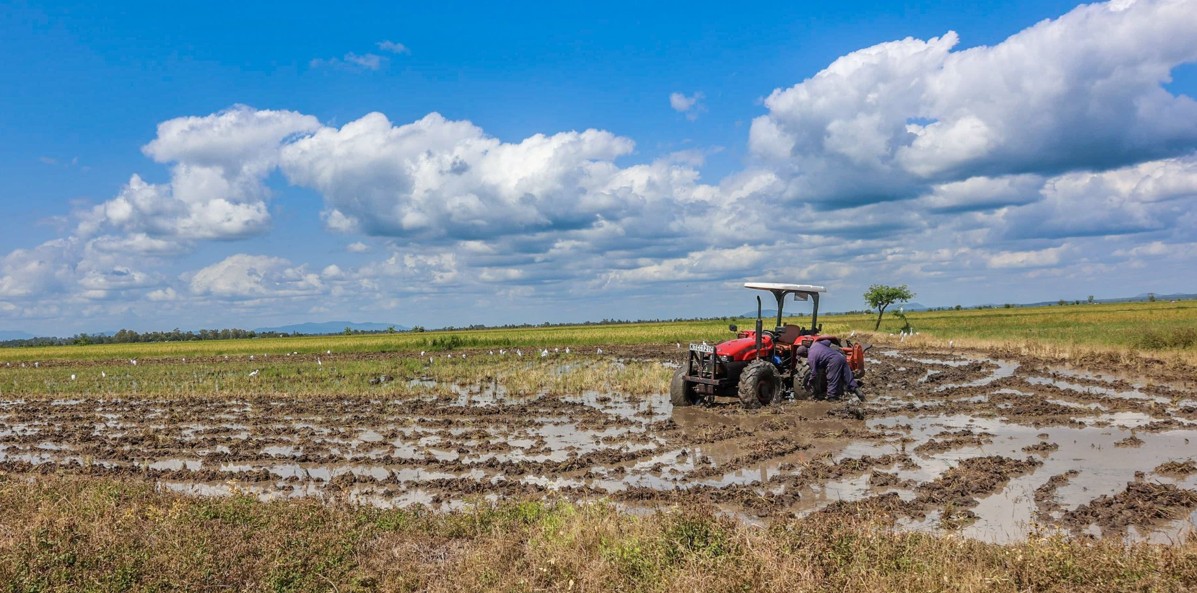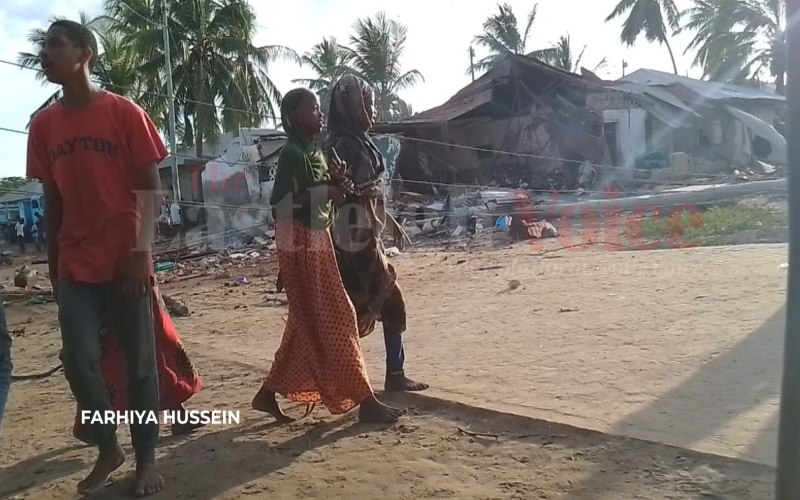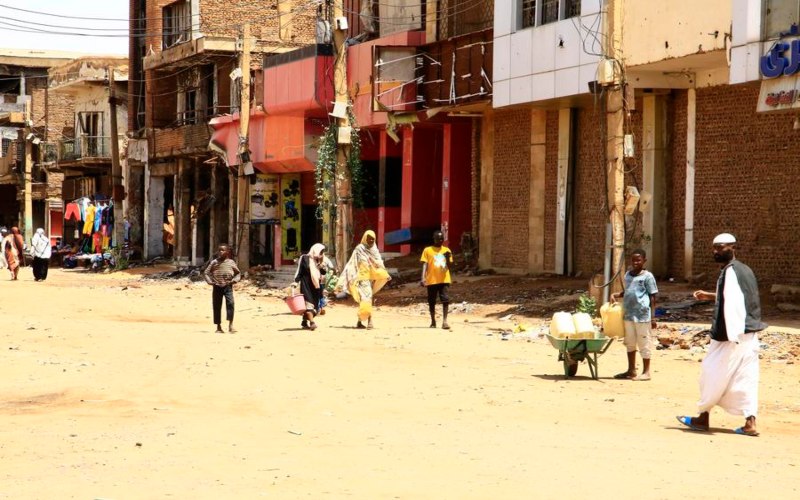EAC issues health alert over mpox outbreak in Burundi, DRC

Since 2022, the WHO has documented more than 21,000 cases of mumps in the DRC, with over 1,000 deaths.
The East African Community (EAC) has issued a critical alert to its member states, urging them to educate their populations on the prevention and control of mpox (monkeypox), an infectious disease that has recently seen a resurgence in the region.
This call to action follows alarming reports from the World Health Organisation (WHO) regarding outbreaks in Burundi and the Democratic Republic of the Congo (DRC).
More To Read
- Namibia declares mpox outbreak after confirmed case in Swakopmund
- Mpox cases in Africa surpass 190,000, deaths near 2,000: Africa CDC
- Mpox deaths near 2,000 in Africa since 2024 amid recent decline in cases: Africa CDC
- Health authorities launch 10-day mpox vaccination drive at Malaba border
- Africa: A tentative start in mass vaccine production
- Mpox outbreak: What you need to know to stay safe
The EAC released a statement from its Arusha headquarters, emphasising the severity of the situation, especially in the DRC, where mpox cases have surged over the past two years.
The virus has mutated, leading to increased human-to-human transmission and a rise in infections, especially within camps for displaced persons. Since 2022, the WHO has documented more than 21,000 cases of mumps in the DRC, with over 1,000 deaths.
In Burundi, the situation is also concerning. The country has confirmed three cases of mumps in its western region, as verified by national laboratories and the WHO. Burundi's proximity to the DRC, as well as its borders with Rwanda and Tanzania, underscores the potential risk of further spread to neighbouring EAC member states.
 The East African Community (EAC) has issued a critical alert to its member states, urging them to educate their populations on the prevention and control of mpox. (Photo: Reuters)
The East African Community (EAC) has issued a critical alert to its member states, urging them to educate their populations on the prevention and control of mpox. (Photo: Reuters)
Preventive measures
Andrea Aguer Ariik Malueth, the EAC deputy secretary-general responsible for infrastructure, social, and political sectors, stressed the importance of proactive measures.
“EAC member states must provide the necessary information on the disease and implement preventive measures to minimise its spread,” Malueth emphasised.
Animals can transmit mpox to humans through close contact, contaminated objects, and respiratory droplets.
Its symptoms include skin rashes or lesions, fever, severe headaches, muscle aches, back pain, general body weakness, and swollen lymph nodes. Symptoms typically last two to four weeks, and while most patients recover within a month, the disease can be fatal if left untreated.
Mumps, which have historically been endemic in Central and West Africa, saw a global spread in 2022 and 2023, with tens of thousands of cases linked to the West African variant across over 110 countries.
The mortality rate for mpox in the DRC is significantly higher compared to West Africa, with more than 479 deaths reported this year alone. In contrast, the WHO estimated that mumps caused 89 deaths worldwide in 2022.
Top Stories Today













































